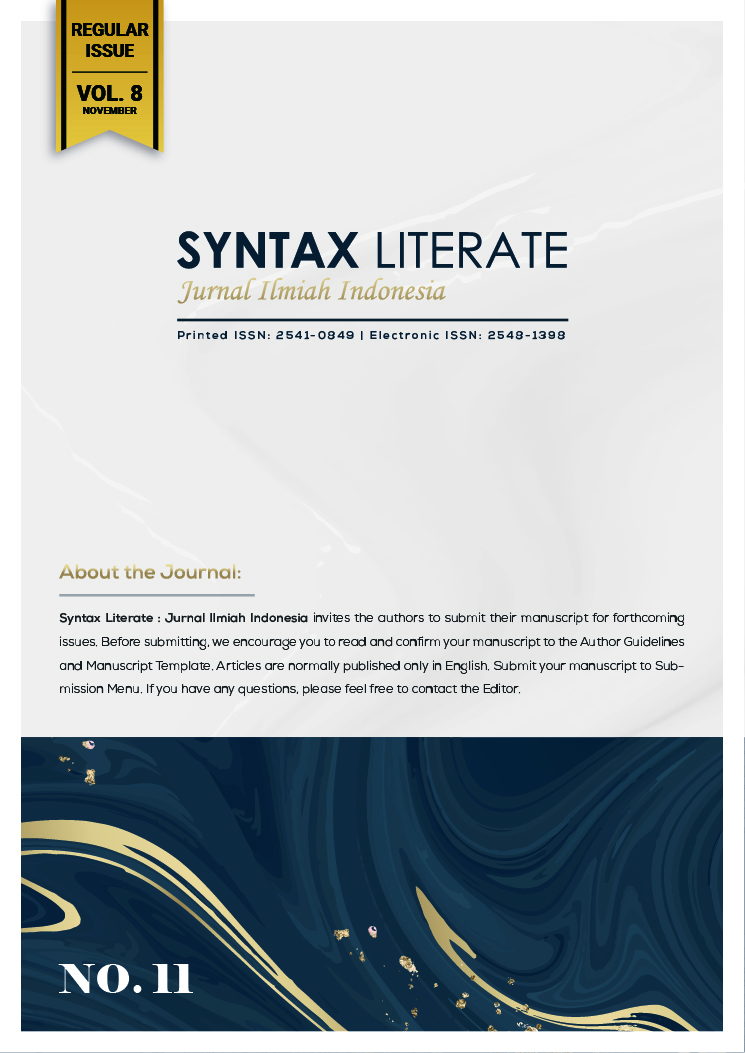Reformation of Indonesian Insolvency Regulation on Execution of Cross-Border Assets Based on the European Union
Abstract
The current possibility of hassle-free negotiations and transactions across countries allows international trade to be a significant source of profit for businesses in Indonesia. In the process, businesses are often exposed to risks of insolvency for being unable to repay debts. An insolvent debtor owning assets in other countries shifts the case to a cross-border insolvency case. As there is currently an absence of cross-border insolvency regulation in Indonesia, this paper therefore aims to reform Indonesian insolvency regulation through analyzing and applying learning points from the European Union’s success in managing cross-border insolvency. This paper identifies as legal normative research and is done through prescriptive analysis. The data used is secondary data obtained through a literature review, which includes primary and secondary sources. This paper uses the statute approach and will be analyzed qualitatively. Through the discussion, it is suggested that Indonesia adopt several relevant aspects of the EU regulation. To ease implementation, Indonesia should consider moving towards the reformation as a part of ASEAN. Alternatively, Indonesia can also independently engage in bilateral or multilateral treaties. To add on, Indonesia should advance from the idea of absolute territorialism or absolute universalism and instead seek to implement modified universalism in its cross-border insolvency regulation.
Downloads
Copyright (c) 2023 Evelyn Hartono, Ariawan Gunadi

This work is licensed under a Creative Commons Attribution-ShareAlike 4.0 International License.











